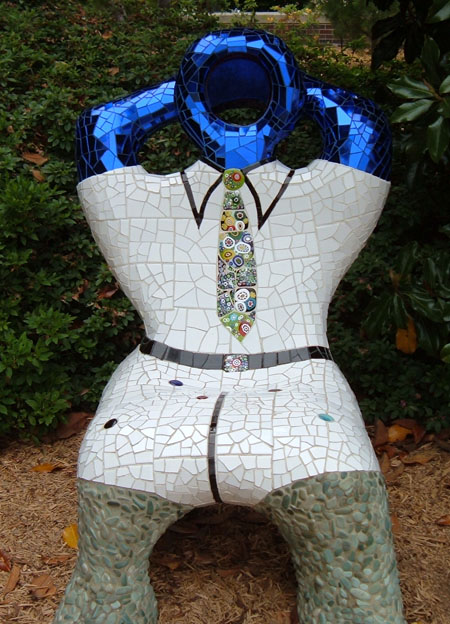Just as compulsory primary education created a market catered for by cheap dailies and weeklies, so the spread of secondary and lately of tertiary education has created a large population of people, often with well-developed literary and scholarly tastes, who have been educated far beyond their capacity to undertake analytical thought.- Peter Medawar, Review of Teilhard de Chardin’s
The Phenomenon of Man Read the feed:
Read the feed:
Earlier this week Zimmer asked readers to help out science journalists and participate in a survey about where we get our science news.
He's
got the results up. You can go see for yourself what online science readers say about where they get their news, and what they're willing to pay for it.
Carl expressed surprise at how few respondents were willing to buy eBooks:
But the science reader also reads a lot of books. Books made of paper, that is, not electronic ink. That pattern may change if e-readers get better, but probably not anytime soon.
Information processing and entropy management - that's what organisms are about, right? Information and entropy are terms that get people excited, and yet it's extremely difficult to integrate formal ideas about information, free energy, entropy, etc. (much of this from modern statistical mechanics) into a meaningful biological framework. People (including myself) love to toss around terms like entropy and information, but in most cases I have encountered, efforts to apply these concepts to molecular/cellular biology are hopelessly vague and unhelpful. Once you get beyond the level of individual proteins in biology, it's difficult to apply some of the traditional concepts of physical chemistry.
Baez has been
blogging about math and physics since the pre-blog era. He's got some thoughts on
whether mathematicians should blog (PDF):
Should you blog about mathematics? Judging from what I’ve seen, you should do it if you like explaining things, enjoy public discussions, and can deal calmly but firmly with arguments that get out of hand, or the occasional troublemaker. Some mathematicians are too worried about making a fool of themselves in public to enjoy blogging. Others are too afraid of offending people. And if my joke about “idiots” bothered you, blogging may be too hard-knuckled for you.
Carl Zimmer want to know where you get your science news. Go
take his survey and let him know.Why a survey? The science writing business is changing rapidly, and aspiring writers need some guideposts:
We writers, in case you didn’t know, are scratching our heads about what exactly to do next... Each writer has to figure out how best to use the twenty-four hours in a day.
 Melville on Science vs. Creation Myth
Melville on Science vs. Creation Myth Non-coding DNA Function... Surprising?
Non-coding DNA Function... Surprising? Yep, This Should Get You Fired
Yep, This Should Get You Fired No, There Are No Alien Bar Codes In Our Genomes
No, There Are No Alien Bar Codes In Our Genomes










